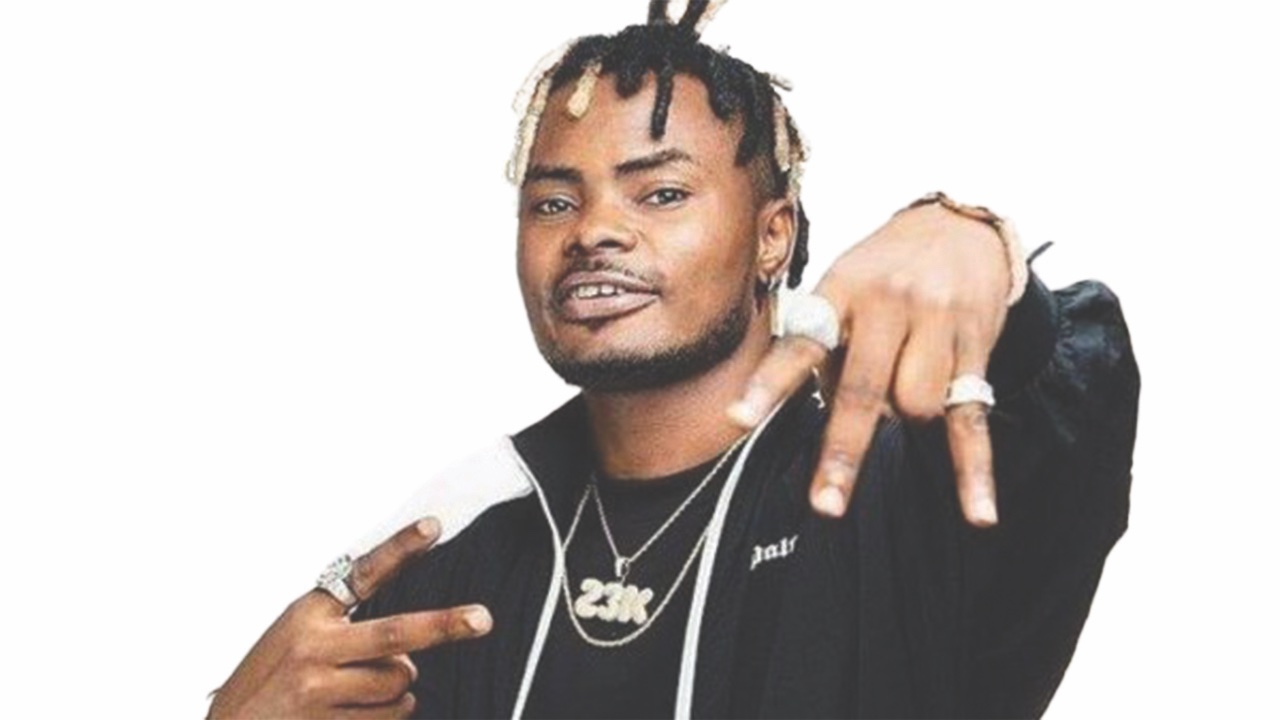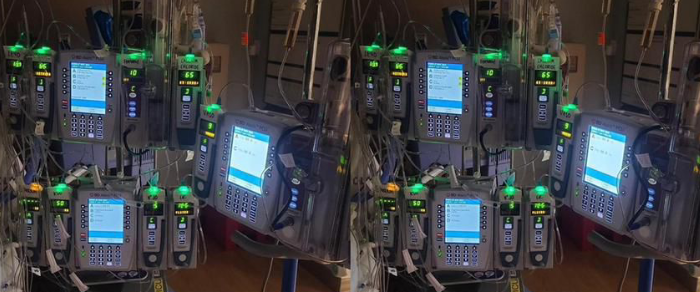

In a shocking turn of events that has sent waves across Nigeria’s entertainment and political spheres, the Economic and Financial Crimes Commission (EFCC) has reportedly launched an internal investigation following serious allegations made by popular Nigerian rapper Oladips. The artiste, known for his gritty street lyrics and raw depiction of Nigeria’s struggles, claimed that some EFCC operatives extorted ₦10 million from him during a recent encounter. The allegation, which has sparked outrage on social media, comes amid growing public criticism of the agency’s handling of arrests and alleged harassment of young Nigerians, especially entertainers.
According to Oladips, the incident occurred during what he described as an “unwarranted stop and search” that quickly turned into a nightmare. He alleged that EFCC operatives intercepted him and his crew, accusing them of internet fraud. Despite presenting identification and insisting on his innocence, Oladips claimed that the officers threatened to detain him indefinitely unless he “settled” them. Feeling cornered and fearful, he allegedly transferred ₦10 million to an account reportedly linked to one of the operatives. His story, shared across his official social media platforms, ignited a wave of reactions from fans, celebrities, and activists, all demanding transparency and justice.
In response to the viral claims, the EFCC issued a brief statement acknowledging that it had received reports about the alleged extortion and had commenced an internal investigation. The agency assured the public that it “does not condone misconduct among its operatives” and that “any officer found guilty of corruption or abuse of power will face disciplinary action in line with the Commission’s ethics and service regulations.” While the statement attempted to restore confidence, it has done little to calm the growing anger among Nigerians who see the incident as yet another example of systemic abuse by anti-corruption agencies.
Oladips’ revelation has opened up a floodgate of similar stories, with several young Nigerians taking to social media to recount their encounters with EFCC officials. Many have accused the agency’s field officers of turning raids and investigations into opportunities for extortion. Critics argue that while the EFCC was established to tackle financial crimes, its methods have often mirrored the very corruption it claims to fight. The hashtag #JusticeForOladips began trending within hours of his revelation, with thousands calling for the suspension of the operatives involved and a complete overhaul of the EFCC’s field operations.
The rapper’s management team has since released an official statement confirming the authenticity of his claims. According to them, Oladips’ mental and emotional state has been deeply affected by the traumatic experience. The statement described how the rapper was allegedly intimidated, humiliated, and forced to comply with the officers’ demands under duress. It further appealed to the EFCC chairman to ensure that justice is served not only for Oladips but for every Nigerian who has suffered similar abuse. The management added that legal steps are being considered and that the artiste is willing to provide evidence, including transaction records and communication details, to support his claims.
Public opinion remains sharply divided. While a large portion of the population has rallied behind Oladips, calling him brave for speaking up, a few voices have urged caution, insisting that the full facts must be established before judgment is passed. Some observers point out that in recent years, several celebrities have clashed with law enforcement agencies, leading to a blurring of lines between genuine grievances and publicity-driven narratives. However, even those skeptical of Oladips’ account admit that the EFCC’s reputation has been marred by previous allegations of misconduct, lending some credibility to his claims.
This latest controversy is not the first time the EFCC has been accused of extortion or harassment. Numerous cases have surfaced over the years involving young entrepreneurs, tech workers, and entertainers who allege they were targeted, profiled, or coerced into paying bribes. Videos showing EFCC raids in nightclubs, hotels, and private residences have drawn both condemnation and concern over the agency’s methods. Many Nigerians have long argued that instead of following due process and evidence-based investigation, some EFCC operatives resort to intimidation tactics that blur the line between law enforcement and abuse of power.
The outrage over Oladips’ allegations also reflects a deeper frustration among the youth about institutional accountability in Nigeria. For many, this case symbolizes a larger problem of power misuse by those meant to protect citizens. The EFCC, which was once hailed as a symbol of the country’s anti-corruption drive, is increasingly seen as an agency in need of its own cleansing. Activists and civil society groups have renewed calls for the establishment of an independent oversight body to monitor the Commission’s operations and handle complaints from citizens in real time.
Meanwhile, sources within the EFCC headquarters in Abuja have reportedly confirmed that the agency’s internal affairs unit has begun questioning the officers allegedly involved. Though details remain sketchy, insiders say the EFCC chairman has ordered a full review of recent field operations involving celebrities and high-profile personalities. This move is believed to be part of efforts to restore public confidence amid growing accusations that the agency has lost its moral compass.
On social media, outrage continues to swell. Fans of Oladips have organized online campaigns demanding a public apology and restitution. Influential figures in the entertainment industry, including other rappers and producers, have openly condemned the alleged act, urging the EFCC to prove that no one is above the law—even its own staff. Human rights lawyer Inibehe Effiong also weighed in, emphasizing that extortion by law enforcement officers constitutes a grave violation of citizens’ rights and could amount to criminal conspiracy if proven. He called on the agency to handle the matter transparently, warning that silence or cover-ups would only deepen public mistrust.
As the investigation unfolds, many are watching closely to see whether the EFCC will genuinely hold its operatives accountable or if this will fade into the long list of unresolved scandals. For Oladips, the incident has become more than a personal ordeal—it’s a rallying cry for systemic change. In one of his latest posts, the rapper wrote, “I don’t want pity. I want justice. I want to know that in this country, no one can use a government uniform to steal from me again.” His words have struck a chord with millions who see their own experiences reflected in his story.
Whether this moment leads to genuine reform or simply fizzles out remains to be seen. But one thing is certain—the EFCC’s credibility is once again on trial in the court of public opinion. The agency now faces a defining test: to prove that it truly stands for transparency and justice, or to confirm what many already fear—that corruption has eaten deep, even into the heart of Nigeria’s anti-corruption crusaders. For Oladips and countless others who have spoken out, this investigation is not just about recovering money—it’s about reclaiming faith in a system that has too often betrayed its people.


